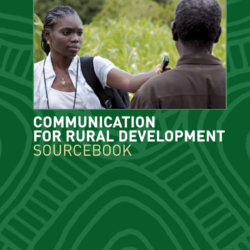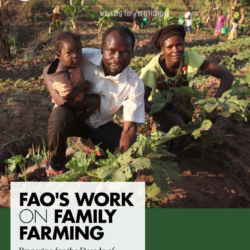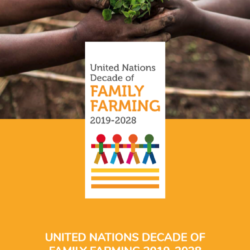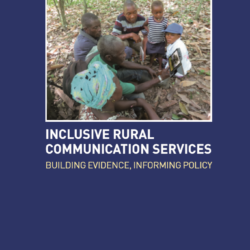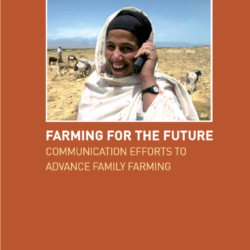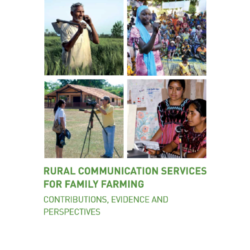Communication for Rural Development Sourcebook
Today more than ever smallholders and rural communities require access to information and communication to make their voices heard and change their lives for the better. Communication for Development facilitates dialogue and collaborative action, combining participatory methods with communication tools ranging from community media to ICTs. The Communication for Rural Development Sourcebook provides communication practitioners,… Read More

